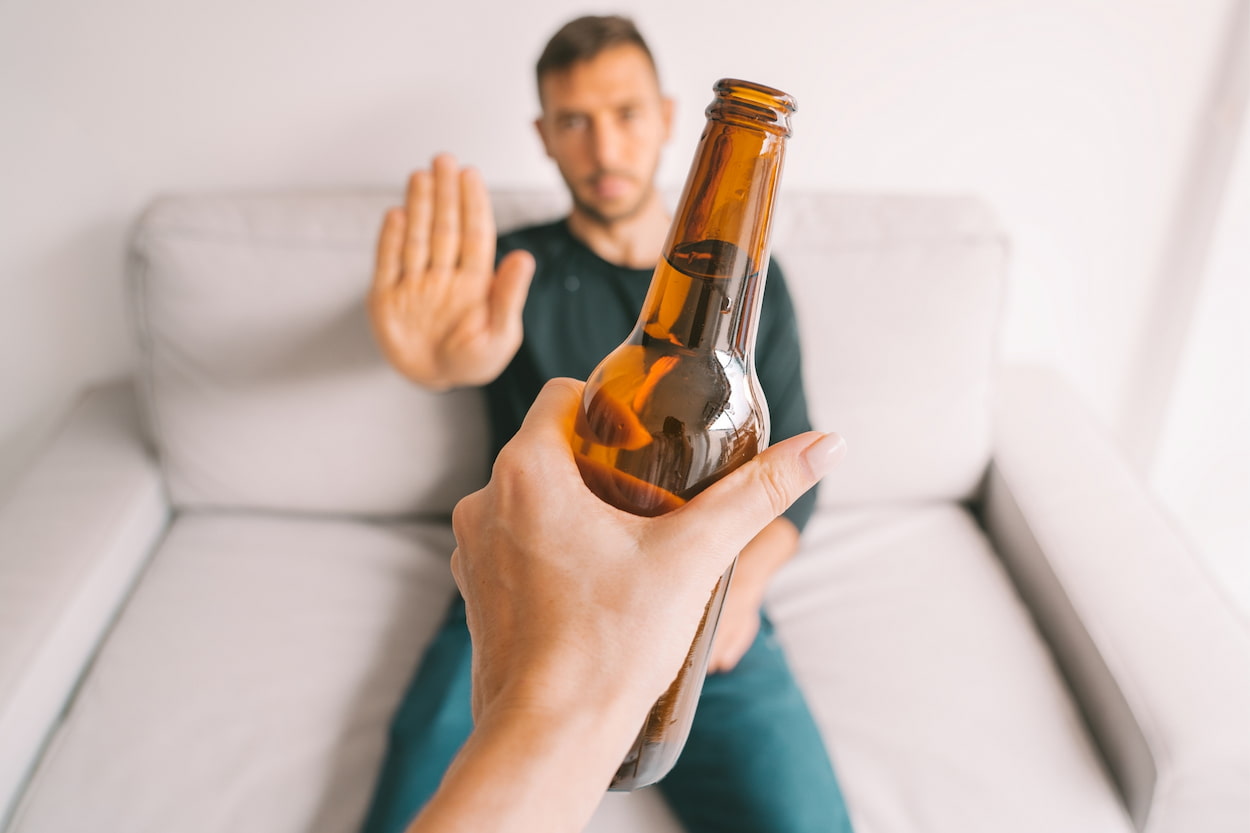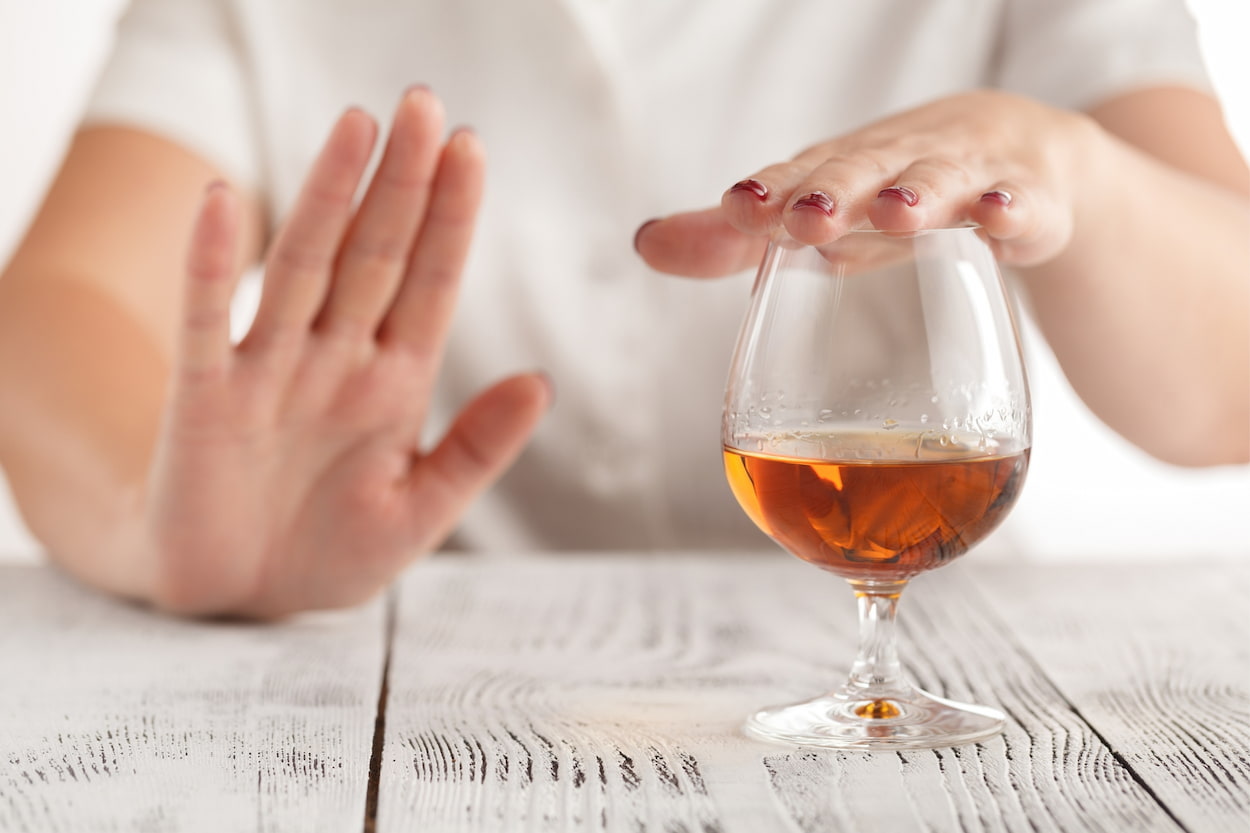
Alcohol After Bariatric Surgery
One common question that bariatric surgeons get asked quite frequently is whether or not it’s a good idea to drink alcohol after bariatric surgery. Bariatric surgery is meant to give the patient back their life and allow them to live without the health problems caused by obesity. For these patients, weight loss surgery means a new lease on life.
Drinking alcohol is a personal choice when done in moderation and with precaution after you achieve your weight loss goal. However, it is always better to follow your bariatric specialist’s advice in your specific case.
Alcohol Absorption After Bariatric Surgery
Contrary to what people may think, most of the alcohol you drink is not absorbed in the stomach, it is absorbed in the small intestine. A small, empty stomach allows alcohol to enter the small intestine more quickly, this means that when you drink after bariatric surgery, you will feel the effects of the alcohol faster than you are used to.
You may intuitively think that your 4-5 ounce pouch “holds” less food than your stomach; however, food does not actually sit in the pouch, it passes straight through to the small intestine to be absorbed. And the same is valid for alcohol. This is exactly why bariatric patients can experience dumping syndrome. The dumping syndrome is a side effect caused by eating high-sugar or high-fat foods that get dumped straight into the small intestine.
After gastric bypass surgery in Turkey, you essentially have a direct route for alcohol to travel straight to the small intestine to be absorbed into the bloodstream, this makes the process of feeling the effects of alcohol much faster.
This also means that it takes less alcohol to make you intoxicated. If you drink two glasses of wine after bariatric surgery, for instance, you may feel and act as if you’ve had eight glasses before having surgery. Some patients who have undergone bariatric surgery report an excessively high blood alcohol level after only one drink.
Alcohol After Gastric Bypass Surgery
After a gastric bypass, the smaller stomach size can no longer hold the alcohol, allowing some of it to digest or mix with food, slowing down its release into the small bowel. The digestive system is also altered making it much shorter by gastric bypass surgery. So, in essence, alcohol comes in and is pretty much absorbed full strength into the bloodstream. Therefore bariatric surgery patients can be drunk with only a few sips of alcohol. Not only does the patient feel the effects of alcohol faster, but it takes longer for the alcohol to get out of their system than normal.

Alcohol After Gastric Sleeve Surgery
Sleeve gastrectomy surgery in Turkey patients, even though they have not had the alterations to their intestines, are still affected by alcohol due to their limited stomach capacity. The stomach enzymes that aid in breaking down alcohol have been significantly reduced and thus, the small bowel is still being delivered alcohol at full strength.
Alcohol and Addiction Transfer After Bariatric Surgery
There is one consideration that has to do with alcohol and bariatric surgery and that’s a phenomenon known as addiction transfer. Some bariatric surgery patients find that they had an addiction to food before surgery can allow them to have more control. However, instead of the addiction merely going away, the energy behind that habit usually gets transferred to another, such as drinking alcohol. Bariatric patients may find it easy to overindulge in beer, wine, or liquor because they no longer compulsively overeat.
Being aware of your addiction is one of the first steps to combating the problem. You should be cognizant and seek help if you develop any addiction after bariatric surgery, such as shopping, gambling, sex, drugs, or alcohol. Addiction transference is not a direct side effect of bariatric surgery in Turkey. Neither the placement of a gastric band nor the weight loss you experience will stimulate a want to drink.
Addiction transference, rather, is merely a signal of an underlying problem that was previously being addressed with food. To avoid addiction transference, it’s recommended that you seek professional help from a mental health professional to resolve any underlying problems that may have caused the addictive behavior in the first place. In some cases, certain types of medications can be used to help treat addiction after surgery.
Risk of Alcohol After Bariatric Surgery
Changes in Metabolism: One of the changes that develop in your body after bariatric surgery is the faster pace of elevating blood alcohol levels. Eating less by itself results in faster alcohol absorption in patients’ bloodstream, so, you have just a single drink and become drunk in a blink of an eye.
Slowing Weight Loss: The excess calorie content in alcohol has a direct impact on your weight loss procedure. It not only slows down your weight loss process but also might cause weight gain.
Risk of Addiction: In many cases, postoperative patients eat a lot of food because they’re addicted to it. Most people eliminate their addiction by replacing it with a new one. In some bariatric patients’ cases, they give up eating too much but are in danger of food addiction, or other types of addictive behaviors.
Risk of Nausea and Vomiting: One of the risks of bariatric surgery is vomiting. Besides, when you’re drunk, there’s a high chance of vomiting. Metabolism changes after weight loss operations lower the time it gets for a person to get drunk and to the vomiting point. By drinking after bariatric surgery, you’re doubling the possibility of vomiting, which can cause inflammation in your stomach and make you suffer a lot. Nausea is another complication of weight loss surgeries that brings about a noticeable inconvenience. Drinking alcohol is one of the actions that can increase the chance of nausea.
Low Blood Sugar: Due to the rapid weight loss after bariatric surgery, the glycogen level in your body is less than before. The reduction in complex carbohydrate use adds up to this lack of blood sugar. Also, alcohol consumption decreases glycogen. Thus, some patients end up having hypoglycemia, which is low blood sugar. Damage to the brain or nerves or in some cases, losing consciousness develops in people with hypoglycemia.
The Study of Alcohol After Bariatric Surgery
A study published in the Journal of Obesity and Bariatric Surgery in 2018 followed a cohort of bariatric surgery patients for a period of five years to assess their alcohol consumption patterns and the associated risks. The study found that most patients experienced a faster onset of intoxication, as well as increased vulnerability to the side effects of alcohol. Additionally, they observed a higher risk of complications such as vomiting, low blood sugar, and potential addiction transfer. These findings emphasize the importance of adhering to post-surgery alcohol guidelines and consulting with healthcare professionals to manage alcohol consumption effectively.
If You Still Want to Drink Alcohol, What Should You Do?
First of all, avoid alcohol for at least a year after surgery. If that’s a very long time for you, make sure exactly not to use alcohol during the rapid postoperative weight-loss period, which lasts about 6 months after surgery. Before drinking alcohol, consult with your bariatric surgeon or dietitian. If you’re permitted to drink again, do not prefer carbonated beverages and sugary drinks.
After consultation with your doctor, first, drink alcohol at home. Try small amounts in the beginning, you don’t want to shock your body at all. Do not indulge in alcohol consumption, beware of your frequency of alcohol consumption. Remember that after bariatric surgery, even small amounts of alcohol can cause intoxication and low blood sugar.
You can have different emotions after surgery till your body gets used to its new conditions. If you find yourself drinking whenever you’re dealing with negative feelings, consult with your doctor because you may need psychiatric treatment. If you want to drink, at least try to choose low-calorie drinks and drive, even after consuming only minimal alcohol. You can prefer red or white wine, no-sugar bloody mary, light beer, and hot toddy (herbal tea with whiskey).
You should avoid high-calorie drinks like sugary cocktails and margaritas. If you’re going out, try not to leave home with an empty stomach, eat a high-protein snack. This way, you can avoid alcohol abuse. You should avoid driving, even if you had a small glass of wine. Try drinking with food because this reduces the pace of alcohol absorption. You shouldn’t miss your vitamins; alcohol makes the absorption of some vitamins difficult.